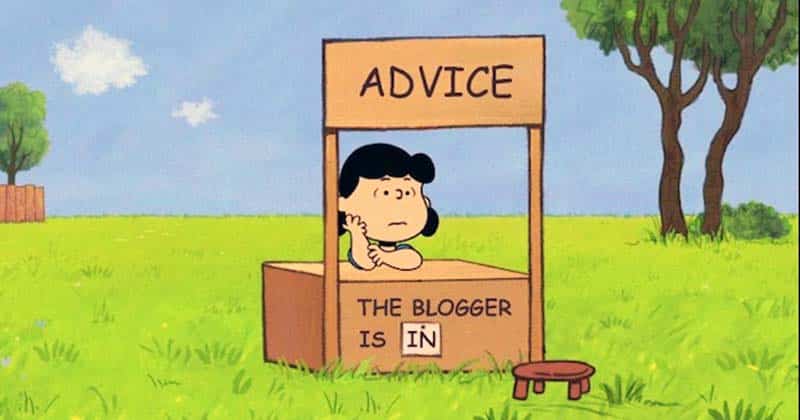Here is some free big-picture advice about child custody.
If you are in the midst of a custody dispute or potential dispute, good advice is invaluable. You can protect your child and save a whole lot of heartache and money by receiving guidance early.
The goal should be to reach agreement on a custody schedule and plan earlier rather than later. Your parenting plan should normally allow both parents to have an active and meaningful role in the life of your child or children.
1. Seek Advice About Coming to an Agreement

Our first piece of advice is to seek advice and do your own research.
Many benefits to parents and children are available from seeking help before you start fighting for custody. Most situations are not worth a full-on custody battle. An amicable arrangement, documented in a parenting plan, should normally be achievable with mediation and little other outside help.
Of course, if the situation appears intractable, you may need advice or other assistance from a legal professional. Remember, knowledge is power.
But also know that the main way custody disputes are eventually settled is by the parties coming together. The earlier this happens, usually the better. You don’t want to be one of those parents who only agrees on a custody schedule after becoming worn out and broke.
2. Consider Joint Custody Arrangements
What about trying joint custody? You may be surprised at the number of possibilities in joint custody.
- Some joint custody arrangements work by splitting a child’s time exactly 50/50 between his parents.
- Other arrangements include one parent doing the majority of the time while the other parent has visitation rights periodically.
Most judges will want you to at least consider joint custody unless there is an immediate danger. If you are seeking help for child custody, you should be ready to consider it.
A custody schedule is generally considered to be joint physical custody if the child or children spend at least 35% of their time with each parent. In contrast, an unequal split, such as 70/30 custody or 80/20, means you have a custodial parent and a non-custodial parent.
3. Cooperate with the Other Parent
Whatever you do, try to cooperate with the other parent of your children. This will make you both look better if you have to take the matter to court.
Look at things from their perspective. On the other hand, do not automatically give into their wishes or let them have their way either.
It is important, however, that you try to meet the parent’s needs or expectations if it is safe for your children to do so. Because, in the end, it is not about winning a prize for beating the other person. But it is about what is best for the kids.
A long-term focus is important as well. You are in this together until the child reaches adulthood, and beyond. What works for you when your child is a toddler may not be so great when they’re in their teens.
Parents who are thrilled to win sole custody when their child is small may have regrets later when they struggle to get a night off from child-minding duties. Parenting is a long and difficult task; one that is made much easier by parents sharing the load and maintaining smooth relations with each other.
4. Family Law is a Specialist Area

Make sure you are working with a competent attorney. When it comes to disputes over custody, having a lawyer that is well versed in the workings of the Family Court is essential. A “regular” lawyer isn’t always your best bet in this case.
You will benefit from having someone who exclusively practices family and custody issues. These attorneys are far more familiar with the operations of Family Court (which is quite unlike Criminal or Civil Court).
Ideally, you want an attorney who is knowledgeable about working with children and knows what judges look for when they make decisions about what is best for the children.
You will be better off by hiring someone who has great knowledge of how to work with Child and Family Services as well. They should be experienced with working with the Department and facilitating mediation and cooperative decision making.
5. Seek Child-Focused Knowledge and Advice
There are many reasons to seek child custody help. Regardless why you are, remember two things. First, remember that your child’s best interest are priority. And remember that knowledge is power.
Don’t be reluctant to get breakup and custody help!
